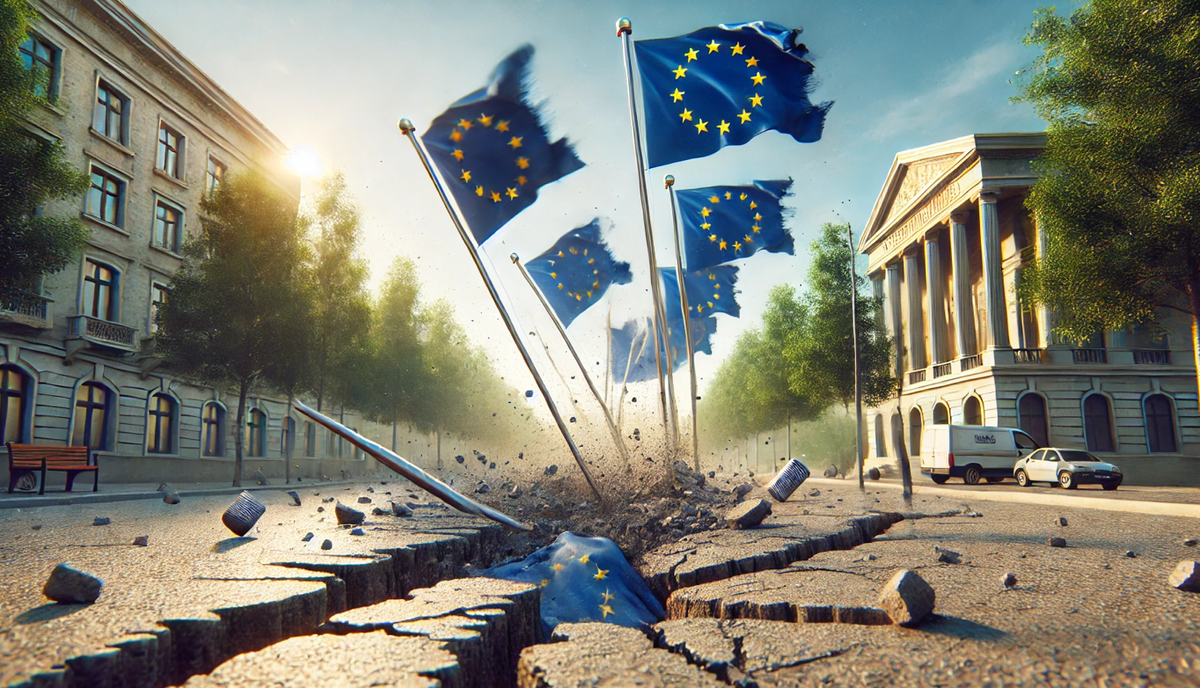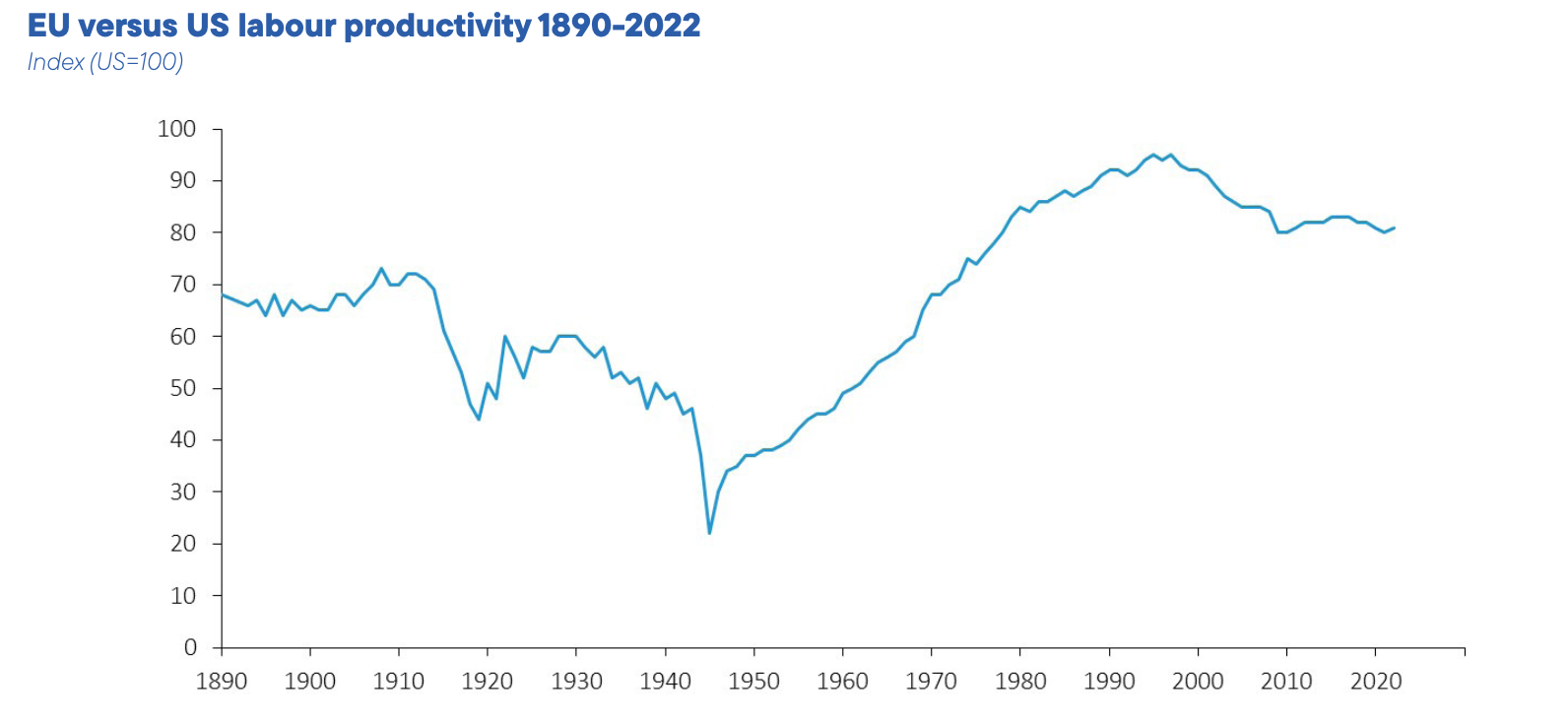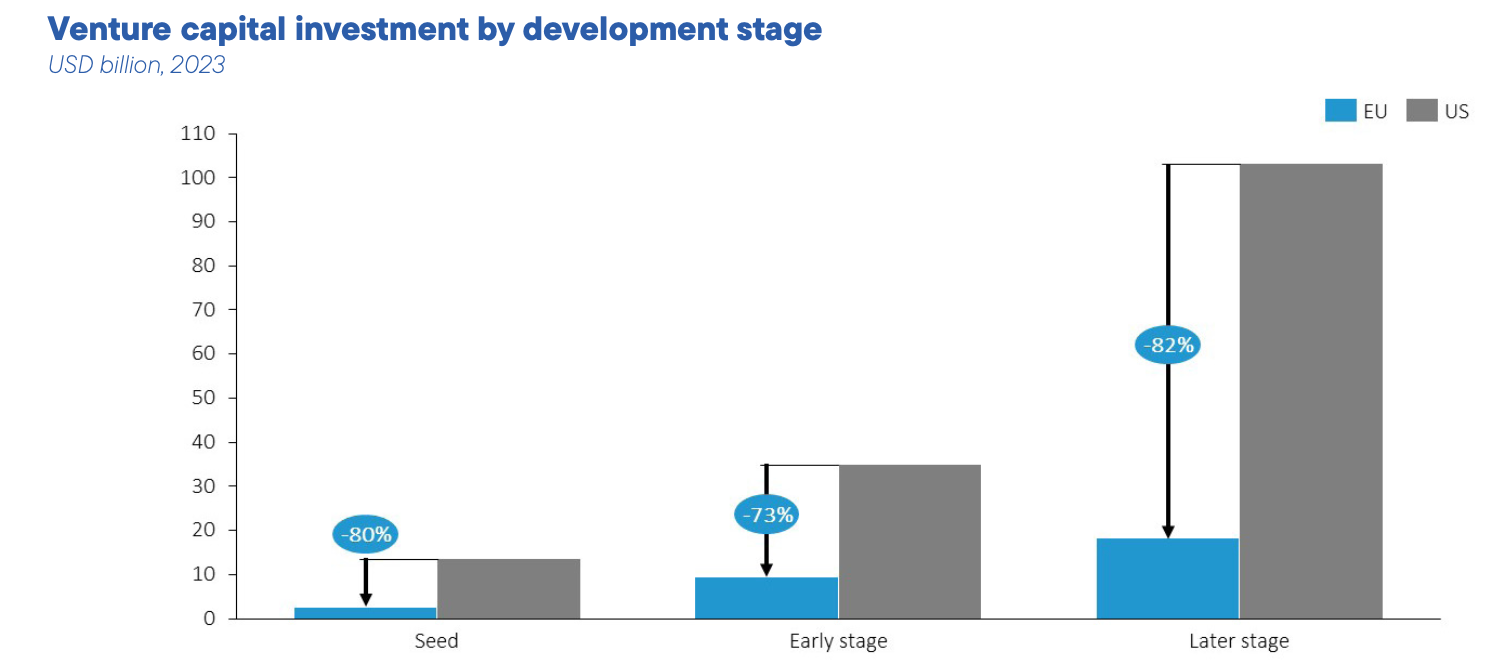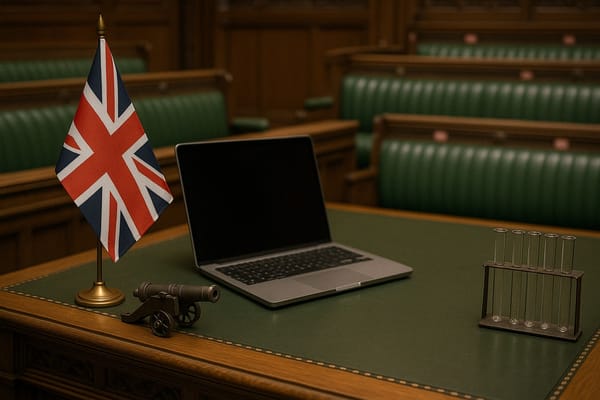ChatGPT "earthquake" in the EU: Watchdog hits publisher with stern data-sharing warning
Data protection authority warns media conglomerate that sharing data with OpenAI could leave it open to earth-shattering fines.

A European data protection authority has warned a major publisher that it will face sanctions if it transfers personal data as part of its agreement to share editorial content with OpenAI.
The Italian data watchdog has issued a formal warning which tells the media conglomerate to "be careful" to avoid handing over data belonging to "millions of people".
OpenAI has reportedly signed a deal with the company allowing it to process the data in its archive to train its AI models - a type of arrangement that is becoming increasingly common yet sometimes controversial.
This agreement prompted the Italian regulator to ask for assurances that "processing activities" will not "involve a large volume of personal data" - including judicial data.
We have decided not to name the publisher for legal reasons. Basically, we can't afford lawyers just yet, so it's safer just to tell the stories without pointing fingers. If you want to help us afford legal backup, sign up below and join our mission to build a cooperative model for journalism.
"The digital archives of newspapers store the stories of millions of people, with information, details, personal data, even extremely sensitive, that cannot be licensed for use by third parties to train AI, without due precautions," the watchdog wrote.
If the publisher goes ahead and shares data, it "could violate the provisions of the EU Regulation, with all the consequences, including sanctions, provided for by the legislation."
The chairman of the group has reportedly denied allegations that the deal involves the transfer of data.
Are EU regulations crushing innovation?
European rules contain strict punishments. The General Data Protection Regulation (GDPR), a data protection law that governs the collection, processing, and storage of personal data, has maximum fines reaching €20 million or 4% of a company’s global annual turnover, whichever is higher.
On LinkedIn, Luiza Jarovsky, co-founder of the AI, Tech & Privacy Academy, wrote: "The Italian Data Protection Authority has just caused a massive EARTHQUAKE in the field of AI."

She asked whether LLM deals in the EU could be "unlawful" and warned that other EU data protection authorities might "follow suit".
"Licensing deals were one of the big bets in solving AI copyright issues," Jarovsky wrote. "If licensing becomes unlawful from a data protection perspective (in the EU), we're back to square one."
Tech companies have consistently criticised the EU for being too heavy-handed with new rules that stifle innovation and put future growth at risk.

The message appears to be percolating up to the very top of the EU - although true change has been slow to emerge.
President Macron of France has warned that Europe is "over-regulating and under-investing".
Additionally, President von der Leyen called for the cutting of "unnecessary red tape" in her response to the Draghi Report, an investigation into the future of EU competitiveness that warned: "The problem is not that Europe lacks ideas or ambition. We have many talented researchers and entrepreneurs filing patents.
"But innovation is blocked at the next stage: we are failing to translate innovation into commercialisation, and innovative companies that want to scale up in Europe are hindered at every stage by inconsistent and restrictive regulations."
Commenting on the Italian watchdog's warning, Jon Adams, Senior Director, Legal (AI + Data) at LinkedIn, wrote: "Will be interesting to see how this approach to regulation takes into account (or does not take into account) the perspective offered in the Draghi report. Because the current uncertainty isn't particularly encouraging for technology firms."
Have you got a story to share? Get in touch and let us know.




